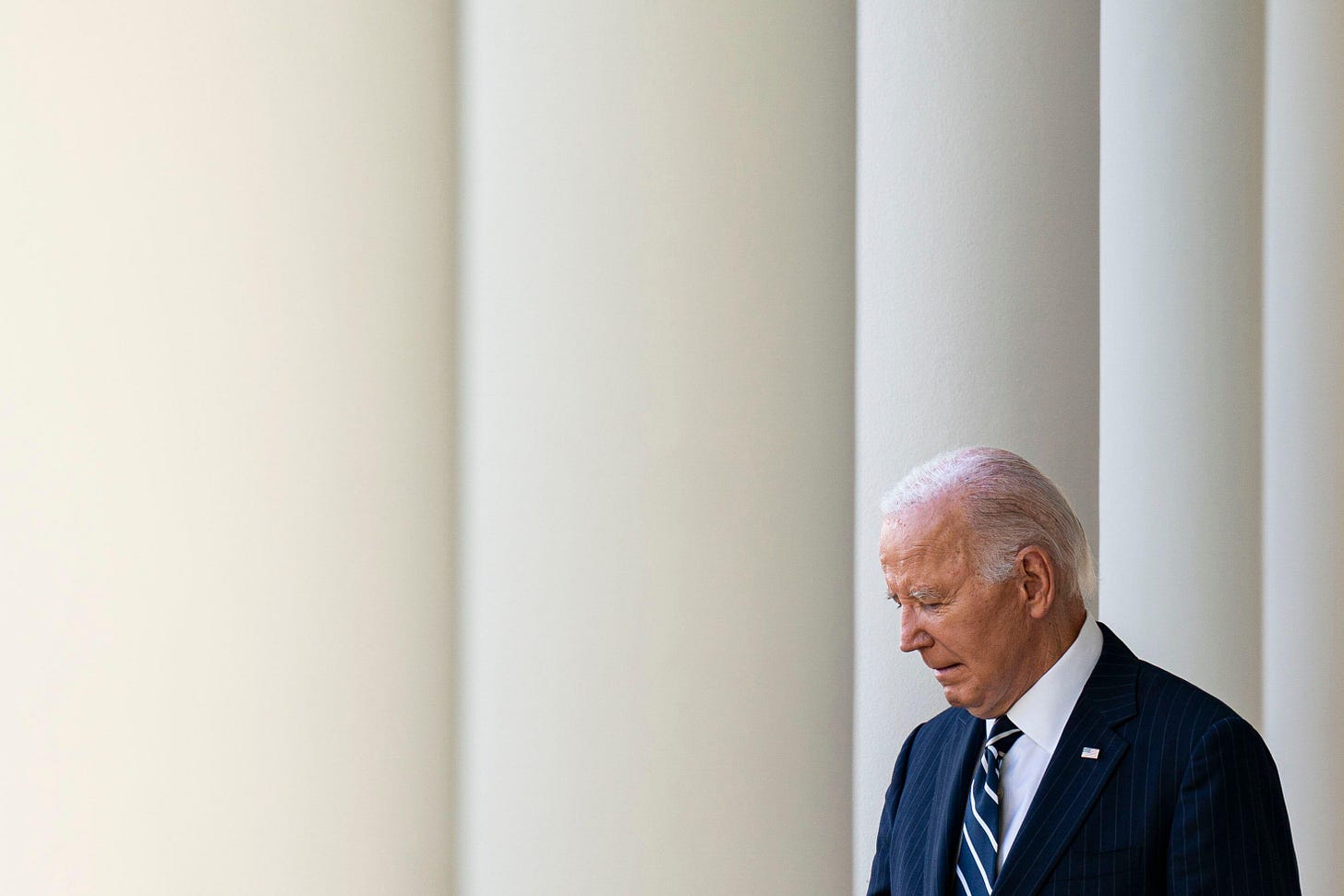A 'Vibecession' Didn't Cost Democrats the Election – Economic Insecurity Did
US child poverty has more than doubled. Gen Z says they don’t ever expect to retire. That’s not “vibes”, Matt Gallagher argues – that’s real

By official indicators, Joe Biden’s economy is booming. 16 million new jobs, massive public investment, vigorous financial markets, rising GDP and steadily controlled inflation have all created a powerful impression of American prosperity. Biden has repeatedly touted his economic record, and Harris largely campaigned on keeping those good times rolling.
But for the millions of Americans who decided to revert back to Donald Trump’s far-right populism on Tuesday, there wasn’t much to celebrate about the economy.
A shocking 67% of respondents to the Washington Post’s election day exit poll rated the economy as “not so good/poor.” Since YouGov added “inflation/prices” as an option on its “most important issues facing the US” tracker in 2022, it’s consistently ranked number one – beating out other heated topics like immigration, abortion, foreign policy, and civil liberties for 119 weeks straight. As recently as this summer, six in ten Americans wrongly believed that the US was in a recession. How can Biden’s gleaming economic report card be reconciled with that kind of negative public sentiment?
For months now, mainstream economists and the media have offered up a simple explanation: we’ve been living through a “vibecession.” The theory condescends to say that, essentially, Americans are too irrational to know how good they’ve got it. They presume that low unemployment, GDP growth, and slight gains to real wages automatically mean that Americans are actually thriving. Disillusionment with the economy is not based on any kind of reality, they say, but on some kind of emotional or logical defect.
But beneath those ubiquitous macro-economic indicators, other seldom-reported (but publicly available) metrics tell a very different story about the state of the US economy. Despite the short-term policy wins of the Biden administration, larger structural trends are pushing millions of Americans – especially the younger generations – into a precarious economic existence.


